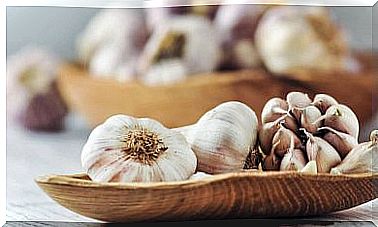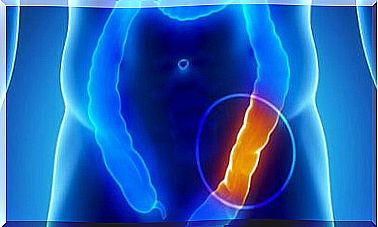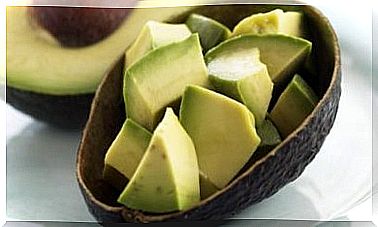Actions And Functions Of Proteins In The Body
Proteins play a fundamental role in the body. While they are known for their ability to generate tissue, they also perform other functions. We tell you more in this article.
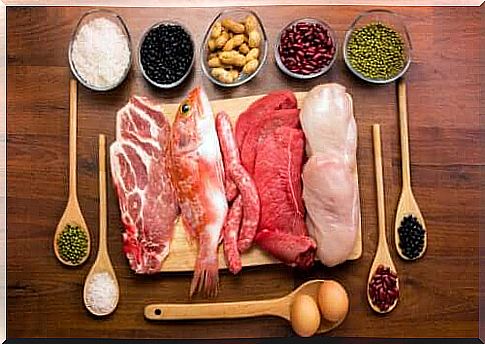
Do you know the functions of proteins in the body? Like other nutrients, these molecules are needed for various life processes. This is why they must appear in the usual diet.
On the other hand, proteins are made up of structural units called amino acids , some of which cannot be synthesized by humans. They are therefore considered essential. We can only get them through food.
What are the functions of proteins in the body?
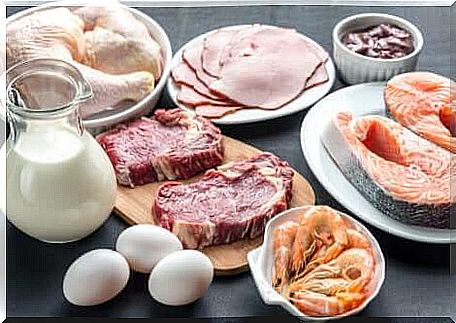
In general, proteins are molecules that have 4 basic elements: carbon, hydrogen, oxygen and nitrogen. They can also contain sulfur, iron, copper or other minerals.
In addition, they are part of the macronutrients necessary for optimal functioning because they fulfill a fundamental role in living beings. Their functions are diverse and varied, and mainly focus on building tissue and muscle mass. But that’s not all. In this article, we also discuss the multiple functions of proteins.
Various functions of proteins
- Structure and Plasticity: One of the functions of proteins in the body is to form cellular structures. They repair tissues, provide support, provide flexibility and resistance. A classic example is the famous collagen found in bones and tendons, or keratin in hair, skin and nails. Indeed, according to these studies, protein intake is one of the fundamental components to achieve muscle mass.
- Regulation: Some hormones, such as insulin and glucagon, are protein in nature. Both help to regulate the concentration of glucose in the blood. Another case is that of calcitonin which is responsible for the metabolism of calcium. In addition, there are proteins whose organic function is to direct cell division and gene expression.
- Defenses: proteins help in the creation of immunoglobulins. These are antibodies capable of protecting us against external agents. For example, mucins protect the mucous membranes and have a germicidal effect. Likewise, fibrinogen and thrombin prevent bleeding because they contribute to the formation of blood clots.
- Homeostasis: Proteins also function as buffers since they have the ability to keep the internal environment stable during the process called homeostasis. They ensure at all times that the pH, acidity and osmotic balance are within normal values.
- Enzymes: Many proteins are enzymes. In other words, they allow the body’s reactions to take place more quickly. They speed up processes thanks to their ability to interact specifically with substrates. These are, for example, enzymes that allow the breakdown of foods, such as amylase, lipase and protease.
- Transport: Proteins participate in the transport of substances in body fluids such as oxygen (through hemoglobin and myoglobin) and fat (through apoproteins). At the cellular level, these are channels and receptors that allow the entry and exit of compounds through cell membranes.
- Reserve: proteins are an energy store in case they need to be used as fuel, when there are no carbohydrates available
The different sources of protein
Foods that provide protein are of animal and plant origin, but their quality varies. Indeed, animal proteins have a great biological value because they contain all the essential amino acids for the organism. Plant proteins, on the other hand, are not rich enough in some cases.
According to scientific studies, when consuming proteins of plant origin, with the exception of soybeans, it is necessary to try to combine them with other foods in order to obtain optimal quality. Otherwise, we will always be missing some components that we need.
Here are some sources of good protein to help the body functions:
- Red and white meats
- Eggs
- Dairy products
- Legumes: especially soybeans, chickpeas and lentils
- Dried fruits and seeds
Based on scientific data, it is advisable to provide 0.8 grams of protein per kilogram of weight. This demand varies according to the daily needs determined by the lifestyle. Therefore, pregnant women, children, infants, teenagers and the elderly should consume additional amount.
In the case of athletes, the protein intake is variable since it largely depends on the level of physical activity performed. Indeed, according to a study published in the Journal of the International Society of Sports Nutrition , this value should be at least 2 grams per day.
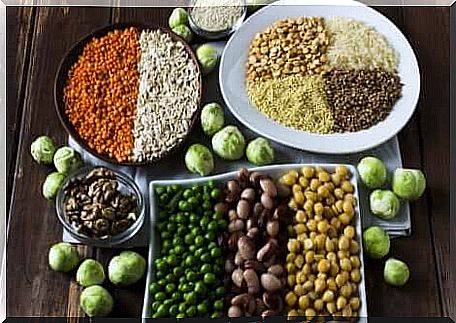
Functions of proteins in the body: what to remember!
This nutrient is essential for many vital functions and its intake must therefore be sufficient. While animal protein provides good nutritional quality, people following a vegetarian diet should seek advice from a nutritionist.
Finally, as we mentioned, proteins are not just used to build tissue. Their ability to influence multiple processes in the body makes them indispensable. From our hormonal balance to the microscopic entry of substances into cells, we depend on them for our health.

